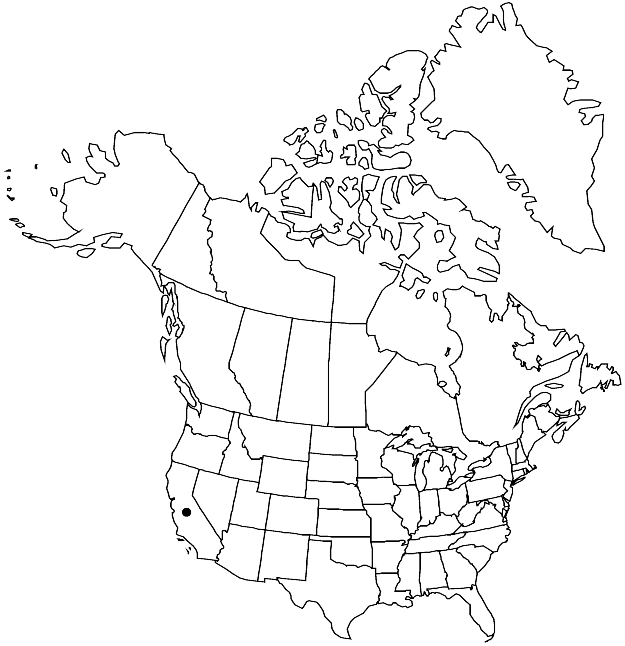Difference between revisions of "Streptanthus campestris"
Proc. Amer. Acad. Arts 25: 125. 1890.
FNA>Volume Importer |
FNA>Volume Importer |
||
| Line 33: | Line 33: | ||
-->{{#Taxon: | -->{{#Taxon: | ||
name=Streptanthus campestris | name=Streptanthus campestris | ||
| − | |||
|authority=S. Watson | |authority=S. Watson | ||
|rank=species | |rank=species | ||
| Line 48: | Line 47: | ||
|publication year=1890 | |publication year=1890 | ||
|special status= | |special status= | ||
| − | |source xml=https://jpend@bitbucket.org/aafc-mbb/fna-data-curation.git/src/ | + | |source xml=https://jpend@bitbucket.org/aafc-mbb/fna-data-curation.git/src/f50eec43f223ca0e34566be0b046453a0960e173/coarse_grained_fna_xml/V7/V7_1219.xml |
|tribe=Brassicaceae tribe Thelypodieae | |tribe=Brassicaceae tribe Thelypodieae | ||
|genus=Streptanthus | |genus=Streptanthus | ||
Revision as of 22:13, 16 December 2019
Perennials; (short-lived, caudex not woody); usually glabrous, (basal leaf blade margins pubescent, sometimes sepals). Stems unbranched or branched, (few, glaucous), 6–15(–18) dm. Basal leaves often rosulate; petiolate; blade (fleshy), oblanceolate to obovate, 3.5–21 cm, margins dentate, (bristly ciliate throughout or only teeth and petiole ciliate). Cauline leaves: blade lanceolate to narrowly ovate, 3.5–11(–15) cm × 6–14 mm (smaller distally), base auriculate to amplexicaul, margins usually entire or undulate, rarely dentate. Racemes ebracteate, (with densely clustered buds, later lax). Fruiting pedicels divaricate-ascending, (straight), 5–18 mm. Flowers: calyx campanulate; sepals (suberect), purple, (broadly ovate or oblong), 7–10 mm, not keeled, (apically bristly or not); petals light purple (with pale yellow claw), 9–12 mm, blade 2–3.5 × 0.5–1 mm, margins not crisped, claw 6–9 mm, wider than blade; stamens tetradynamous; filaments: median pairs (distinct), 6–8 mm, lateral pair 4–6 mm; anthers (all) fertile, 3–4 mm; gynophore 0.5–1.5 mm. Fruits spreading to ascending, smooth, slightly curved to straight, flattened, 6–14 cm × 2–3.5 mm; valves each with obscure midvein; replum straight; ovules 50–102 per ovary; style 1–3 mm; stigma 2-lobed. Seeds oblong, 2–3 × 1.4–2 mm; wing 0.1–0.2 mm wide at apex.
Phenology: Flowering May–Jun.
Habitat: Rocky openings in chaparral, open conifer forests, openings and after fires in chaparral-oak woodlands
Elevation: 900-2300 m
Distribution

Calif., Mexico (Baja California).
Discussion
Of conservation concern.
Streptanthus campestris is distributed in California in Riverside, San Bernardino, San Diego, Santa Barbara, and Ventura counties, and in Baja California in Sierra San Pedro Mártir and Sierra Juárez.
Selected References
None.